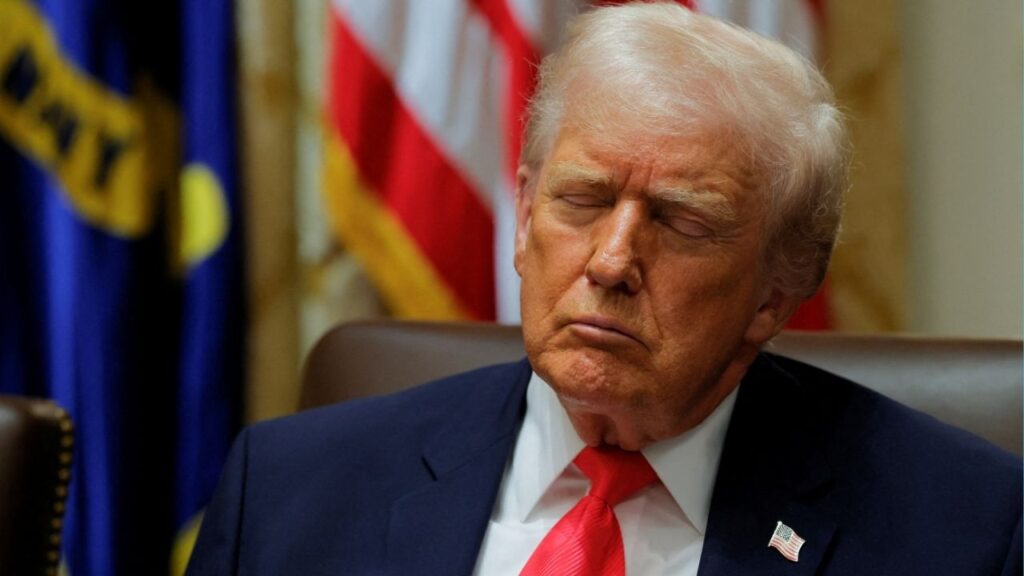Share
The ideological balance of the Fresno City Council hangs in the district carved out of the city’s center.
Brian Whelan is a Republican. Nelson Esparza is a Democrat. Many of their views are consistent with their party ideology.
Both want to succeed termed-out Republican Clint Oliver to become the District 7 representative.

Balance on Council Centered in District 7
Olivier’s departure means that only two seats are guaranteed to be in Republican hands come January. Steve Brandau (District 2) and Garry Bredefeld (District 6) represent north Fresno and are both in the middle of four-year terms.
Democrats Esmeralda Soria (District 1) and Paul Caprioglio (District 4) are also returning. They will be joined by the winner of the all-Democrat race in District 3 between Miguel Arias and Tate Hill as well as the winner in District 5 between Democratic incumbent Luis Chavez and Paula Yang (registered with no party preference).
Though the race is officially nonpartisan, the winner in the District 7 contest will clearly affect the ideological balance of the council.

“We have many important issues, including people who are proposing tax increases and marijuana businesses regulation. We have ongoing needs for more police and firefighters. And there are people who are running in other races who are proponents of sanctuary cities. Who wins in District 7 is vitally important because those issues will be addressed in the upcoming year.” — Fresno City Councilman Garry Bredefeld
On paper, the district favors Esparza, with a better than two-to-one Democrat-to-Republican ratio. Yet, for the last eight years, libertarian-leaning Republican Clint Olivier has been the councilman.
Esparza calls himself a pragmatic Democrat.
“I am an economics instructor. I see things from that perspective. That is sort of my viewpoint of the world,” Esparza said. “But, I have a lot of compassion. I do share some of the values of the Democratic platform.”
Whelan says this race is less about political ideologies and more about positions supporting business.
“I see this more as a tipping point between those who are pro-business council people than those who are not pro-business council people,” Whelan said.
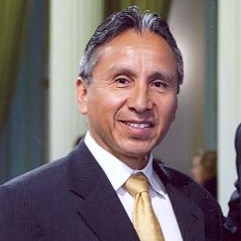
“I think it would be a mistake and disservice to city residents if the candidates ran as ideologues. I also believe the current thought of a potential ideological shift on the council is overstated and unfortunately has led to some elements of City Hall also framing it as a shift on racial makeup. Bottom line, people at City Hall need to step up and lay out a vision and plan to move Fresno forward.” — Former District 7 Councilman Henry R. Perea
“I think it would be a mistake and disservice to city residents if the candidates ran as ideologues,” Perea said. “I also believe the current thought of a potential ideological shift on the council is overstated and unfortunately has led to some elements of City Hall also framing it as a shift on racial makeup. Bottom line, people at City Hall need to step up and lay out a vision and plan to move Fresno forward.”
The district also has the lowest voter registration (as of April 2018) of all seven council districts.
Path to November
This is the first November runoff for District 7 since 2002. Whelan collected 11 more votes than Esparza in the June primary. Both earned 38% to advance to the runoff, bumping out third-place finisher Veva Islas (24%).
Esparza raised $198,000 during the campaign, with $41,000 cash on hand.
Whelan raised $356,000 with $135,000 cash on hand.
Visions to Lead
Whelan, a 35-year-old attorney, says his legal background makes him the best choice.
“I am a professional problem solver, using the law to solve problems for people. That gives me a competitive edge,” Whelan said. “The message is about raising neighborhoods through community involvement, community engagement.”
Esparza, a 28-year-old economics instructor at Fresno City College, says he has the name recognition. He is a Fresno County Office of Education trustee, winning his seat in 2016.
He downplays accusations that he started campaigning for the city council job shortly after voters chose him to the FCOE board.
“A lot of that was falsely manufactured,” Esparza said. He denied reports that he announced his city council candidacy at a private meeting in the spring of 2017. “There were rumors floating around me running for this seat long before I decided. I feel comfortable because I’m going to be representing these exact same people I represent already.”
THE ISSUES
Measure P/Public Safety Tax
Esparza said he favors Measure P, the November ballot measure asking voters to approve a 3/8 sales to tax to fund parks and related programs. Supporters estimate it would raise $38 million a year.
He listed several parks in the district he wants to be improved or made safer — including Radio Park.
“It’s hit or miss. Depending on the time of day, it’s more of a homeless encampment than it is a park,” Esparza said.
Whelan told GV Wire he would want to see how the people in his district would vote on the issue. When pressed he said, “I will vote for Measure P, sure.”

Those three entities endorse Whelan.
“This harkens back to what my obligations will be as a city councilperson. I want to be a good steward for the people I represent,” Whelan said. “There are a lot of people who are polarly opposed to it. There are a lot of people who support me that are on the opposite side of the fence.”
Whelan wouldn’t commit to supporting a future public safety tax but is willing to have the conversation.
Esparza would only consider a public safety tax after examining how that money would be spent. He said such a tax would have to include an accountability component.
“I was very disappointed that we weren’t able to have both, a combined measure,” Esparza said. “My personal view is it was a failure on the part of the administration to cobble together that coalition of a support and bring people together so we don’t have to choose.”

1,000 Cops
Whelan and Esparza say they hear constituents concerns about public safety. Both support increasing the police force to 1,000 officers.
“I had conversations with the FPOA and also with the mayor,” Whelan said. “Lee Brand talked about that being the number that was achievable, attainable and one that would be helpful for our area.”
Said Esparza: “I can’t disagree with the chief or the mayor. They’re the experts.”
Homelessness
“It’s a dire situation. There’s a real crisis in District 7 with homelessness, throughout the city, in fact,” Whelan said. “The Housing First solution is a good one, a positive one. That would help bridge a transition from people who are down on their luck to those that can bounce back on their feet and be productive members of society.”
Esparza wants to know the causes of homelessness.
Both agree that the city should build another shelter, a plan discussed recently by the council. Whelan says it should be a public-private partnership.

Cannabis
Throughout the primary, Whelan expressed doubts on cannabis regulation. He noted that despite California approving Proposition 64 allowing recreational use in the state, it’s at odds with federal law.
Esparza supports medicinal dispensaries, and because of the revenue, recreational dispensaries as well.
“We are delusional if we think that stopping dispensaries will stop people in Fresno from consuming cannabis,” Esparza said. “Saying no to those opportunities to have dispensaries and legalize the market, and for our city government and our community to capitalize revenues from that market, it’s a mistake to say no to that.”
District 7 History
1996, 1998 — Henry R. Perea
2002, 2006 — Henry T. Perea
2010, 2014 — Clint Olivier
Note: the first D7 election took place in 1996 for a two-year term. The first full-term election took place in 1998.
Categories
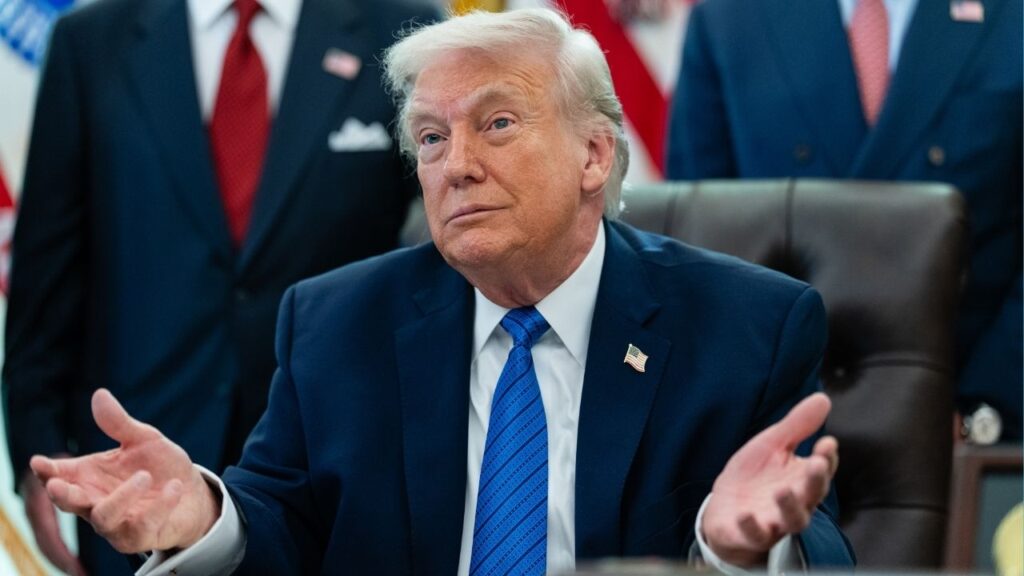
How Trump Appears in the Epstein Files

Six Cited, No DUI Arrests at Clovis Checkpoint on Shaw Avenue
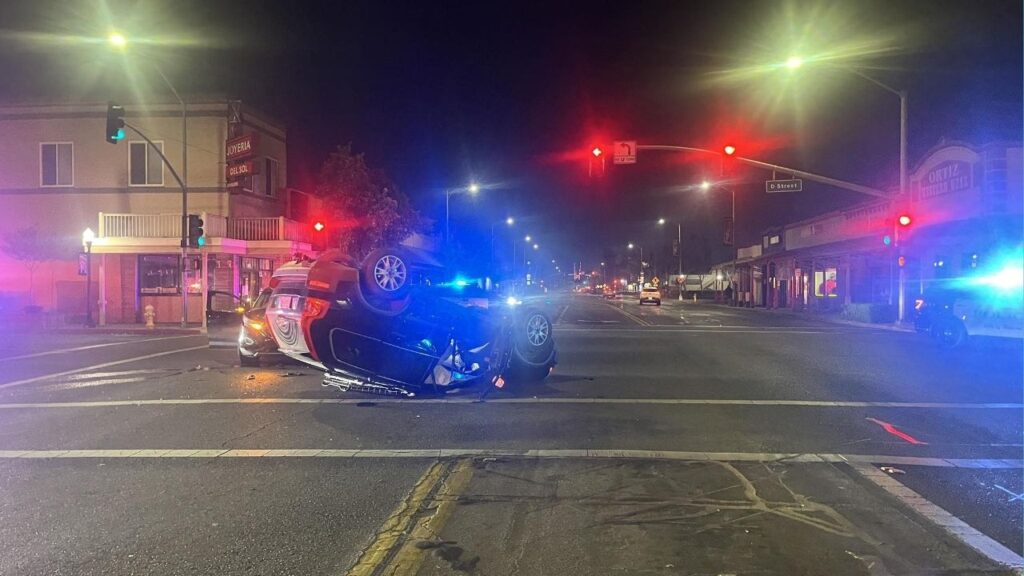
Madera Police Arrest DUI Driver After Sunday Crash
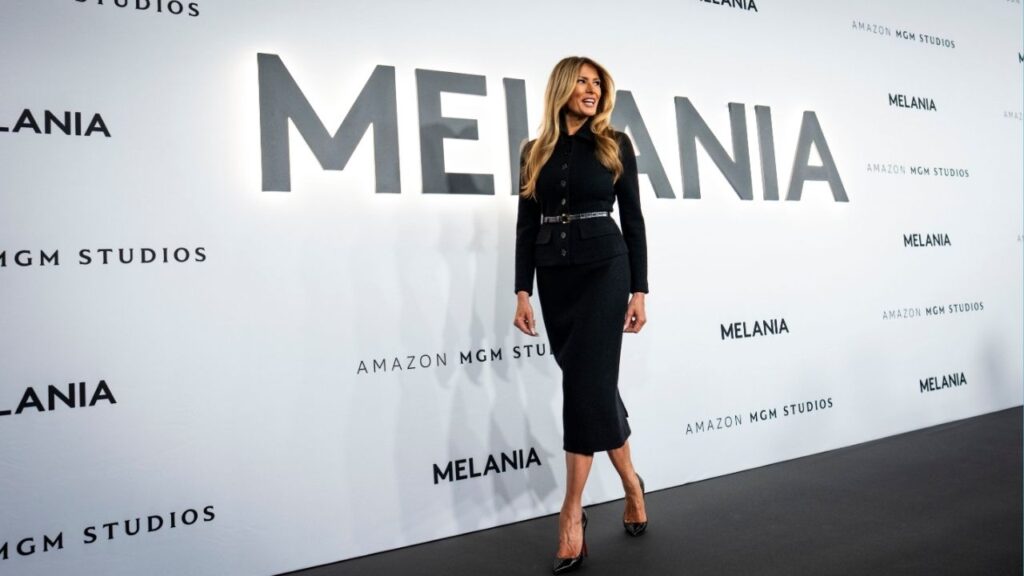
‘Melania’ Arrives With Strong Box Office Showing for a Documentary







